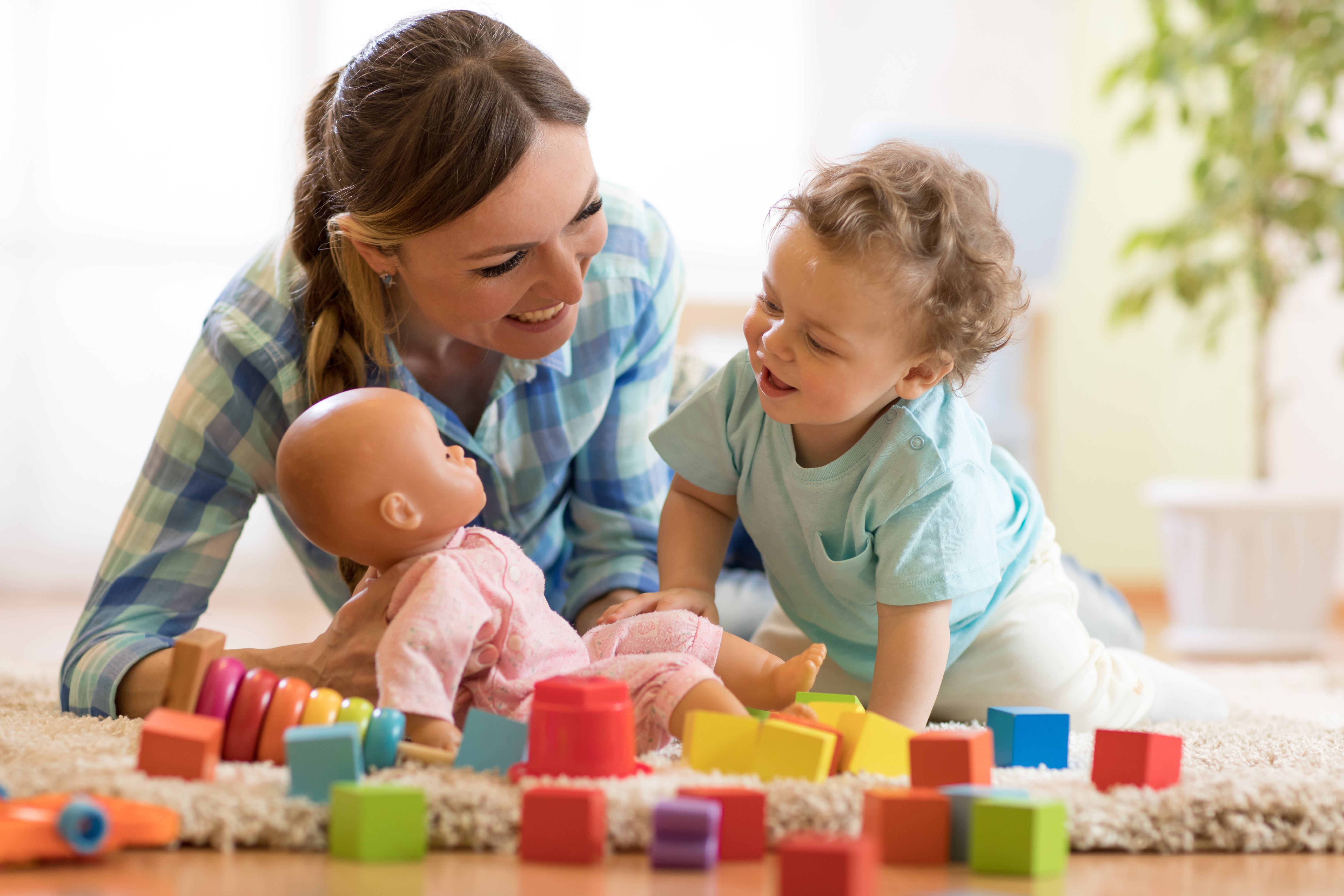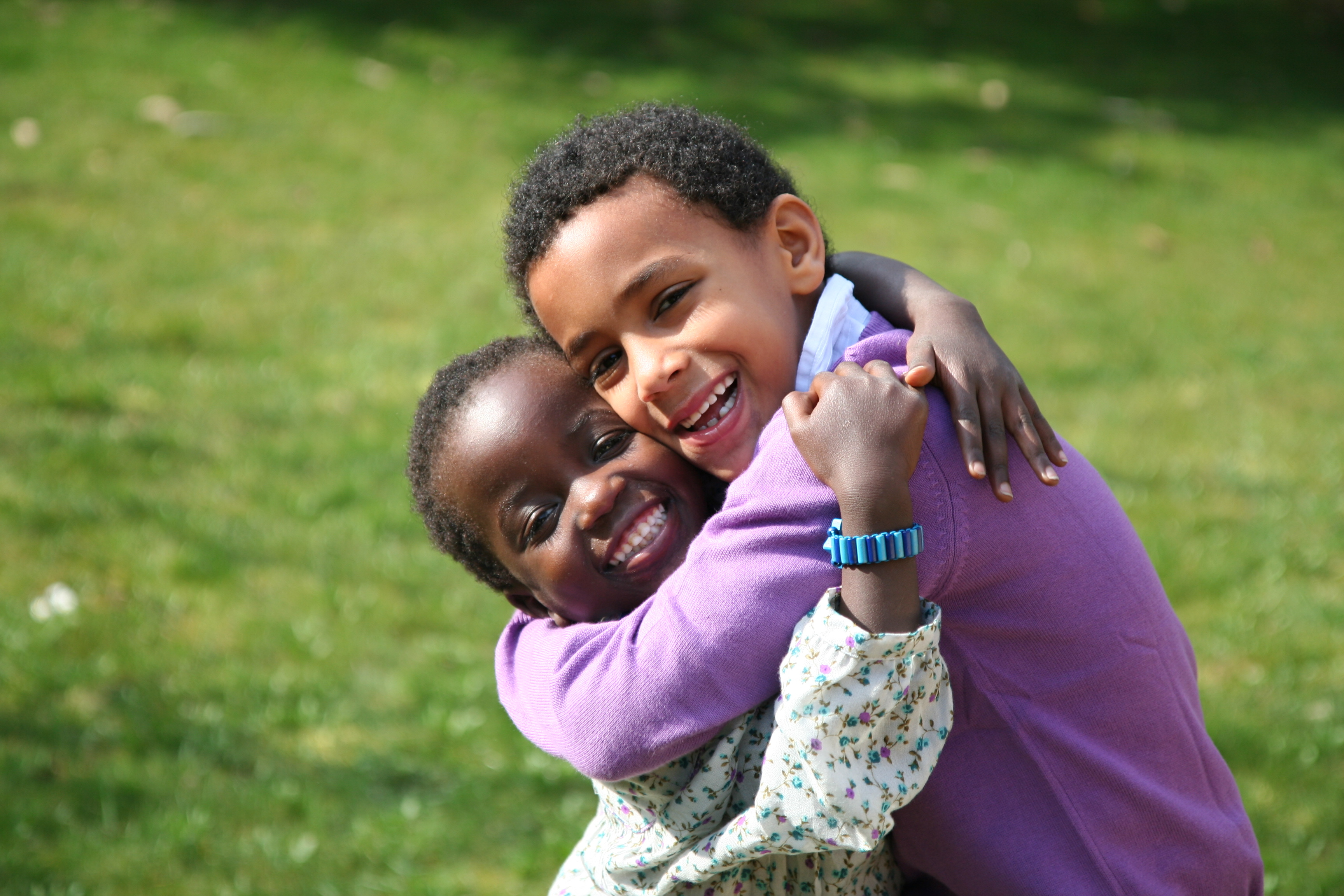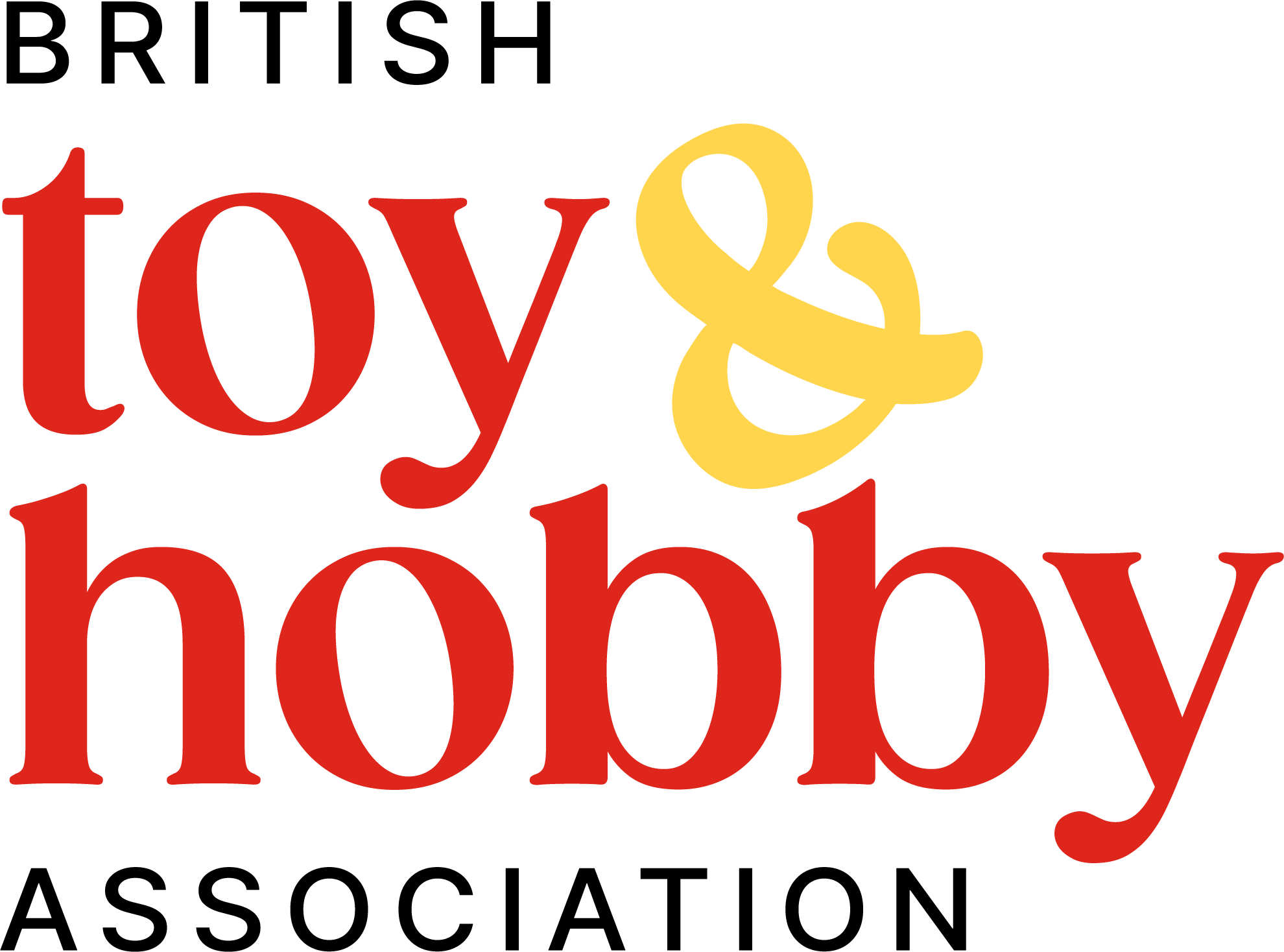Emotional
![]()
Experts believe that play is vital for a child’s emotional development; the emergence of their experience, expression and understanding. From processing ideas and feelings to developing empathy, emotional resilience and coping with anxiety, play is a natural way for children to develop the skills they need to understand the world they live in. Playing in nature can boost children’s mood and self-esteem and may even contribute to making them nicer people!
It is also important for children to deal with fear within a safe play environment in order for them to understand that fear is normal and helps them feel comfortable within themselves, learn to cope with their emotions, learn to problem solve and find solutions to a situation.
Pretend and group play can contribute to children learning to express and understand their own and other children’s feelings. However, all play helps emotional development, the key is to allow your child the space and time to try different types of play. From encouraging play and comfort with a cuddly toy in young children to rough and tumble play that allows children to let off steam and learn boundaries with others, children are learning and developing essential coping skills and emotional resilience for the life ahead of them. And more generally being able to win and lose and understand rules and challenges.
 |
|



 Facebook
Facebook Twitter
Twitter YouTube
YouTube Instagram
Instagram
